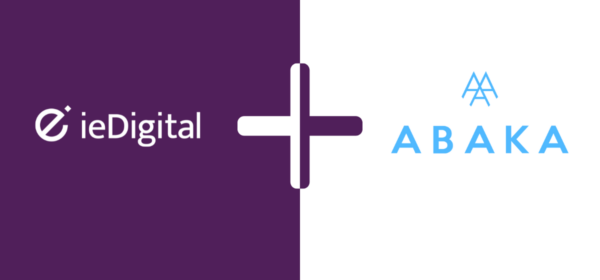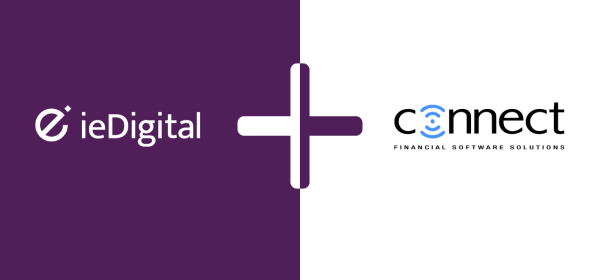Financial services providers love to sell products, yet customers have different needs. To see things from their perspective is the essence of customer-centricity.
Banks and other financial institutions (FIs) used to build their business propositions around selling products. Actually, many of them still have an approach built around what they want to achieve, often based on what’s most profitable or easy to accomplish with little effort.
The alternative to this approach is being able to wear the customer’s shoes and see things from their perspective. This has been the preferred option for a steady wave of startups, many of whom capitalise on being nimble enough to create customer experiences without the baggage of being slow to the game, or being hindered by cumbersome legacy systems
A typical customer wants to find solutions to their everyday financial life, that take the form of simplicity, good rates, expert advice, and a feeling of being looked after. Yet, thinking like a customer is still hard for many organisations to do. The hard reality is that FIs need to become more customer-centric to survive.
Customers are already digital. They need more expert help
With more tools at their disposal, people have become adept at researching businesses and exploring their options. They are willing and able to complete financial applications online. They do their own comparison homework, look for user ratings, check social media, and may look at general marketing materials to inspect for authenticity.
It remains the case that few people trust their bank to act in their best interests. Never mind the global financial crisis, there are everyday anxieties for typical customers, such as cybersecurity, data protection, and overcomplicated services. Plus, emotional things such as personalisation, understanding, and duty of care.
Thomas Pintelon of Finextra said as much in 2020, when he broke down the concept of trust in banking into three core facets:
1.Provide transparency
2.Explain complex things
3.Help people manage their money.
What does this mean for the average FI these days? Money has been poured into digital transformation projects, so what more can be done to entice people?
It’s more likely that the game plan has been followed too closely to the letter. Understanding people isn’t necessarily a blueprint you can study and attempt to emulate at corporate level. Empathy is part of a unique skill set that, if an organisation is run well, can be nurtured. It’s the art of enabling customers to influence business direction, not dictate what products they should use.
When a company becomes the customer, the company delivers for the customer. When a bank is proactive about people’s wants and needs, it reduces the amount of work a customer has to do in the first place. They’re more likely to trust in the bank’s services. Anticipating their needs and desires leads to better experiences. When you think about the logistics of the services on offer, from product enquiries through to onboarding, mortgage switching, settlements and beyond, the sheer amount of expertise a bank has at its disposal is huge! They should use it to provide more meaningful customer experiences.
Acquiring a startup is one way to acquire agility, knowledge and digital prowess, but it’s not a long-term solution. Organic growth comes from nurturing the capacity to empathise with people. It comes from asking the same questions they do, such as how much a mortgage is going to cost over a set number of years, and what the alternatives are. Is the area I’m moving to a good area? Is my bank just there to finance my house, or can they help me find a home? Knowing and recognising the difference between house and home is huge, and any successful 21st-century financial provider has to be able to see it. They simply have to.














